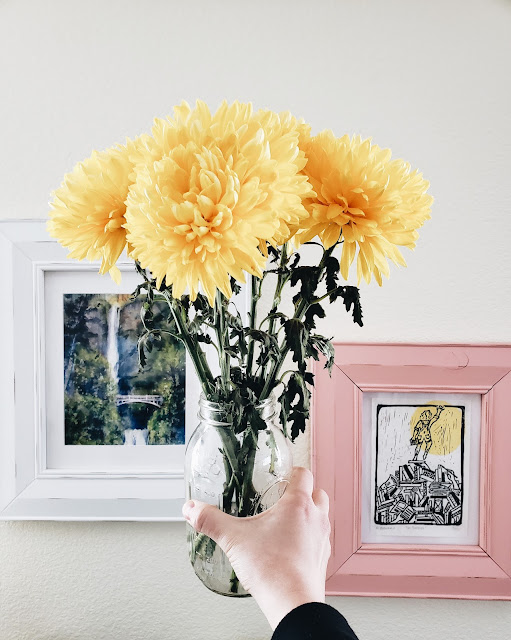Jane Eyre
A Classic Twist on a Strong Female Protagonist
As many of my friends and family know, I detest romantic movies. The whole concept of watching people fall in love gives me an uneasy feeling; however, reading about romance is a different story, quite literally. After a semester of abstract literature as an English major, I immediately read a classic romance novel as soon as I returned home. Jane Eyre, a fictionalized autobiography by Charlotte Bronte, weaves an unconventional love story that transcends the social confines of class, appearance, and gender.
Throughout the book, Jane Eyre, the protagonist, is constantly reminded of her plain appearance. Orphaned and utterly alone in the world, she works to make a living as a governess. Against all odds, she follows her strong moral compass to make decisions regarding herself and the people around her. Although she seems to be a bit of a wallflower at the beginning of the novel, her development proves her to be secretly strong and highly independent, while also possessing a sense of deep loyalty.
In an effort to not reveal too much of the plot, I wanted to simply explain what I admire so much about the nuanced character of Jane Eyre. Throughout the novel, she defends both what is right and what she deserves, even when it conflicts with what she wants. We live in a society focused on the fulfillment of selfish desires, often at the expense of other people and even ourselves. Jane manages to use her sense of morality to follow her conscience and inform her heart.
The morality of Jane Eyre propels the plot of the novel, developing a conflict between the freedom of passion verses freedom of principle. Jane falls deeply in love with one character, and by following her passion, she realizes she would have to give up her principle, the morality upon which she has built her life. On the opposite end of the spectrum, another character offers Jane a marriage of principle, an opportunity to be missionaries for the faith within a Church-sanctioned partnership. Here, Jane finds the principle and morality she desires, but there is no passion. Consequently, she turns both men down, determined to wait for a marriage that fulfills her passion and her principle.
In the process, Jane learns what it is to love and improve herself before she gives her love to another. The bittersweet ending of the novel proves the power of love and the importance of Jane's patience. She maintains her individuality in her search for the love she wants and deserves.


Comments
Post a Comment